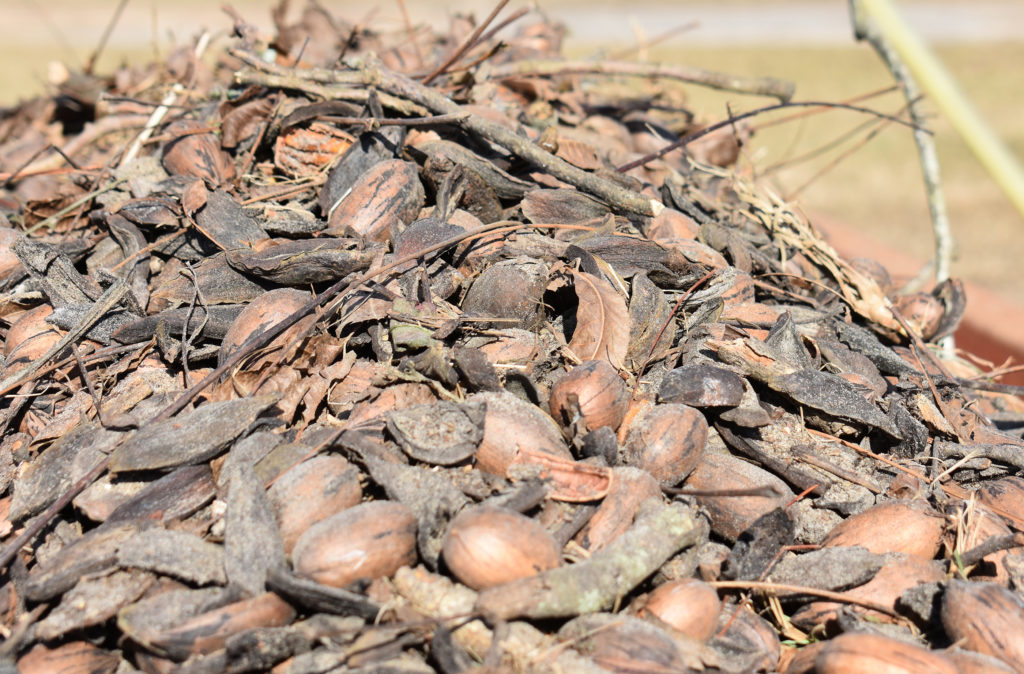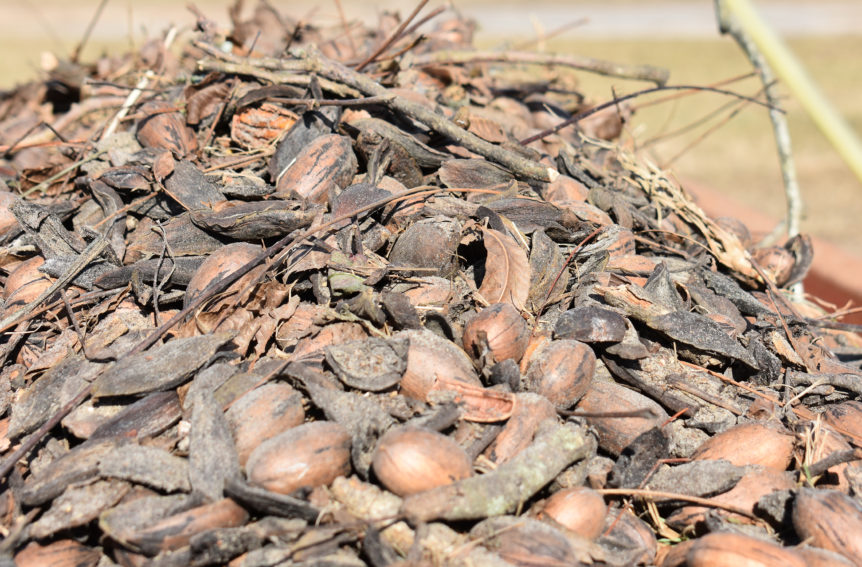
By Clint Thompson
The inability for pecan producers to depend on China as a future export destination means Southeast growers must find a viable alternative. With nearly 1.5 billion people, India may be that option that farmers are looking for.
Lenny Wells, University of Georgia Cooperative Extension pecan specialist, is highlighting India in his presentations during the winter production meetings.
“I think India has a lot of promise,” Wells said. “Again, it’s not something that’s going to happen immediately, but there’s a lot of good things going right now to develop that market. I think it’s going to take place. It’s just going to take a few years. There’s a lot of demand there. There’s a lot of lot of potential demand there, and there’s a lot of potential customers there.”
Reverse Trade Mission
The American Pecan Council (APC) saw that potential. That is why it hosted a reverse trade mission with Indian nut importers in key growing regions, like Georgia earlier this year. The mission provided importers an up-close, informative look at the U.S. pecan industry and how pecans can serve as a nutritious product for Indian consumers.
The tour stops included Atlanta and Fort Valley, Georgia, where importers learned more about the history and proper handling of U.S. pecans, visited an orchard and met Georgia growers and suppliers.
India’s viability as a pecan export destination also hinges on the tariffs being further reduced. It announced in 2023 that tariffs would be reduced by 70%. Wells hopes there is room for that number to drop even more.
“Tariffs coming down to 30%, that helped open the door. But I think to really move the volume we need to move, we need to get those tariffs down even further,” Wells said.
China has become more unreliable due to advancements it has made in its own pecan production. Wells said China could be producing its own crop by 2026. As it produces more pecans, that is less that it will need to import from other countries like the U.S.










